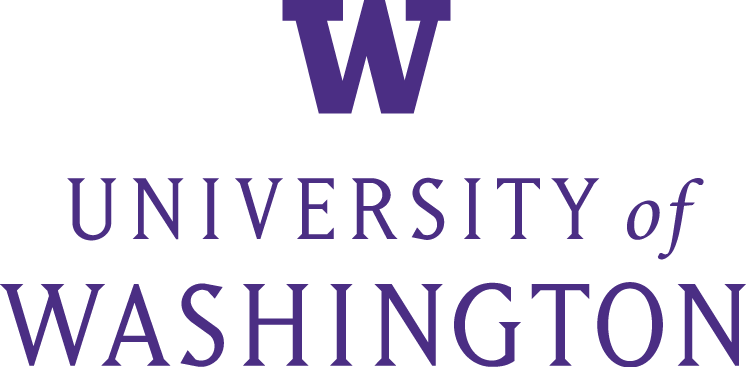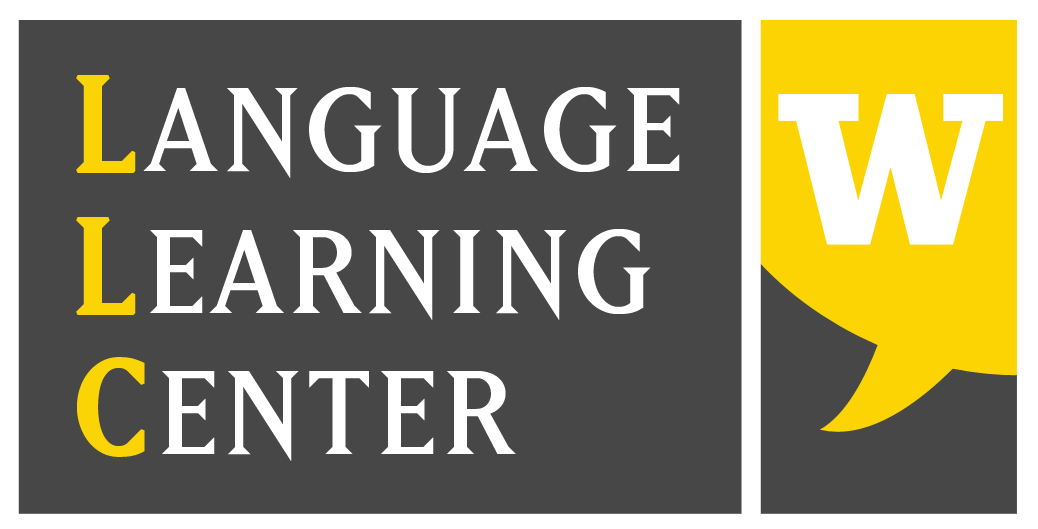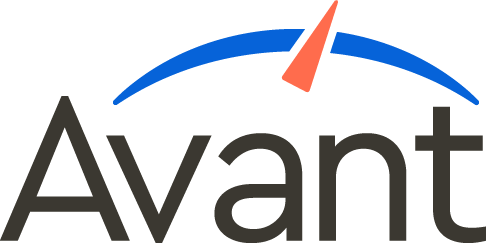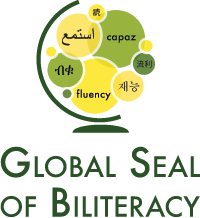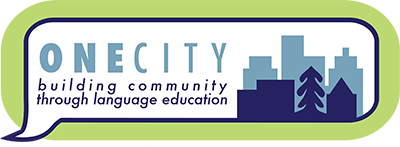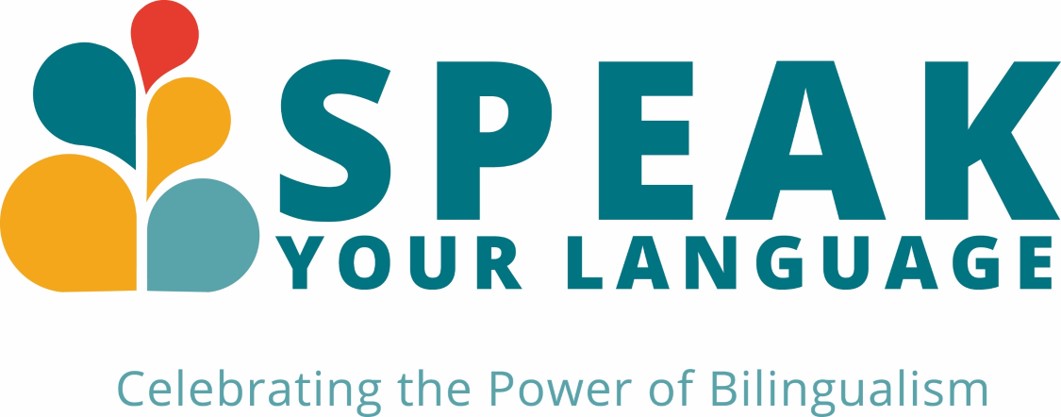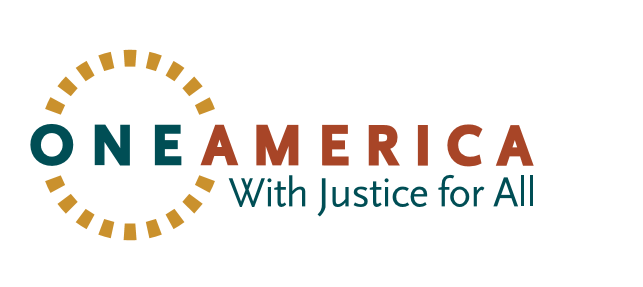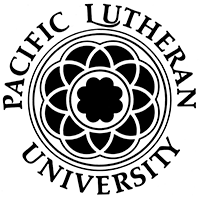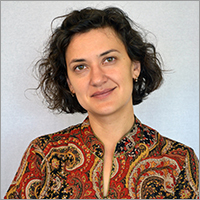
Olesya Kisselev, PhD
Assistant Professor at the University of Texas San Antonio
Her research focuses on Second Language Acquisition, Heritage Language, Bilingualism, Corpus Linguistics, and Learner Corpus Linguistics. In 2019, she coauthored a new textbook with Irina Dubinina, Rodnaya rech': An Introductory Course for Heritage Learners of Russian. Accolades for the book include “Dubinina and Kisselev are at the top of their game: applying modern, innovative teaching methods, bringing to the fore the rich culture behind modern spoken Russian, and engaging their students in a sophisticated dialogue. This textbook will be a gold standard for future textbooks designed for heritage speakers of different languages." ― Maria Polinsky, professor, Department of Linguistics and Language Science Center, University of Maryland, College Park.
(Bio adapted from here.)
Symposium Agenda & Handouts/Slides
* Agenda subject to change
Welcome
Dr. Paul Aoki and Dr. Russell Hugo, UW Language Learning Center
KEYNOTE and Q&A: Heritage speakers in the L2 classrooms: towards evidence-based heritage language pedagogy
Olesya Kisselev, PhD Assistant Professor at the University of Texas San Antonio
Description: Heritage language (HL) speakers have been recognized as a special group of language learners, whose knowledge of and experiences with the language, as well as their motivations for (re)learning their home language, differ significantly from that of a mainstream learner of a second language (L2). Yet, most HL learners in the U.S. will study the language alongside their L2 peers, following curricula developed for the L2 classrooms. Drawing on the results of current linguistic and language acquisition research and on insights from the currently available classroom research, the talk will explore the environmental and cognitive processes that shape the nature of HL knowledge and discuss how to develop a theoretically-sound and research-based approach to language pedagogy that accounts for specific linguistic and cultural needs of the two populations in the modern language classroom.
Teaching heritage language learners across K12 and higher education during Covid-19: strategies for mixed classes
Participants:
- Ana Fernández Dobao, Associate Professor, Spanish and Portuguese Studies, University of Washington (moderator)
- Nathan Marks, Doctoral Candidate, Slavic Languages and Literatures, University of Washington
- Sabrina Spannagel, Associate Teaching Professor, Spanish and Portuguese Studies, University of Washington
- Jingwen (Vivian) Li, Mandarin Dual Language Immersion teacher, Mercer International Middle School, Seattle
Description: Although teachers and researchers agree that heritage language learners are better served in separate courses specifically designed to address their affective and linguistic needs, in the United States most heritage speakers study their home language in mixed classes, alongside second language learners (Beaudrie 2012, Carreira 2014). Meeting the needs of heritage language learners in these mixed classes represents a major challenge for teachers at all levels. In this roundtable, we will (1) discuss some of the difficulties we have encountered in our mixed classes, particularly while adjusting to remote teaching during Covid-19 (2) share the strategies and best practices that have worked for our heritage language learners in both face-to-face and online learning contexts, and (3) open a dialogue across languages and academic levels by inviting other teachers in the public to share their own strategies and experiences.
informal Lunchtime Networking
Sponsoring organizations
University of Washington:
UW Center for Global Studies | UW Center for West European Studies | Herbert J. Ellison Center for Russian, East European and Central Asian Studies (REECAS) |
UW Language Learning Center |
UW STARTALK Program | UW (Seattle) GenCyber Program | Committee for Multilingual Teaching, Research, and Learning (CMTRL) | Speech and Hearing Sciences
Additional Agencies and Organizations:
American Romanian Cultural Society |
Avant Assessment |
Association of Bulgarian Schools in America (ABSA) | Ethnic Heritage Council |
Global Seal of Biliteracy | One America |
One City |
One World Now | Pacific Lutheran University (PLU) Language Resource Center | Slavic East European Teachers Association of Washington (SEETAW) |
Washington Association for Language Teaching (WAFLT) | Washington Office of Superintendent of Public Instruction (OSPI)
